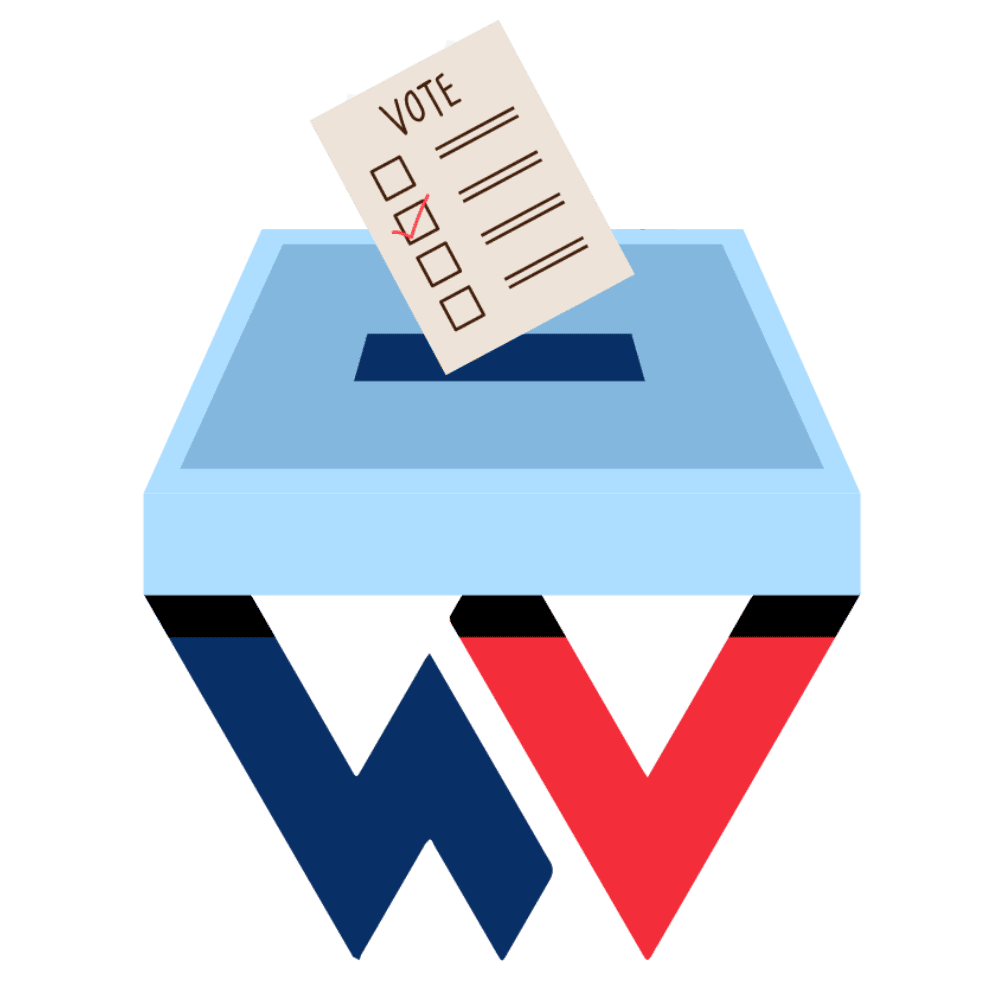What is the stated purpose of Project 2025, and who are the primary organizations and individuals driving it?
Project 2025 is an ambitious and strategic initiative designed to fundamentally reshape the role and scope of the federal government in line with a conservative agenda.
The primary purpose of this project is to drastically curtail what its proponents consider governmental overreach, which they assert has expanded excessively under previous administrations.
This initiative seeks to realign federal operations with staunch conservative principles, notably focusing on shrinking the governmental footprint in economic and social spheres, and enhancing national security. Spearheading Project 2025 are influential conservative think tanks, notably The Heritage Foundation, which has been pivotal in ideating and outlining the project’s objectives.
These organizations have historically advocated for policies that promote limited government, free enterprise, individual freedoms, and traditional American values.
The project is also supported and propelled forward by a cadre of key policymakers and conservative leaders, who are committed to implementing a sweeping overhaul of federal practices to ensure they strictly conform to conservative ideologies.
Direct Text Citation:
“Project 2025 seeks to streamline government operations to ensure they align with conservative values and reduce wasteful spending.” (Project 2025)
Implication for Everyday Citizens:
The shift proposed by Project 2025 could have profound and far-reaching effects on everyday citizens, particularly those who rely on government services and protections that are viewed as liberal or progressive in nature.
The redefinition of government’s role could lead to the elimination or reduction of programs related to healthcare, environmental protection, social welfare, and education if they are deemed inefficient or misaligned with conservative priorities.
This scaling back could result in reduced access to affordable healthcare, fewer environmental safeguards, a decrease in funding for public education, and diminished support for the unemployed or those in poverty.
For individuals and families that depend on these services, the impact could be severe, leading to increased financial strain, health risks, and limited opportunities for assistance. Furthermore, by tightening the federal government’s remit,
Project 2025 might also amplify the role of private sectors and state governments in these areas, potentially leading to a patchwork of protections and services across the country.
This could create inequality of access, where the availability of essential services might heavily depend on geographic location and the prevailing political landscape of a state.
Ultimately, the implementation of Project 2025’s objectives could lead to a significant transformation of the American social contract, shaping a new reality where government involvement is minimal, and individual responsibility is greatly emphasized.
For voters and citizens, understanding these implications is crucial as they could fundamentally alter the nature of citizenship and community life in the United States.
